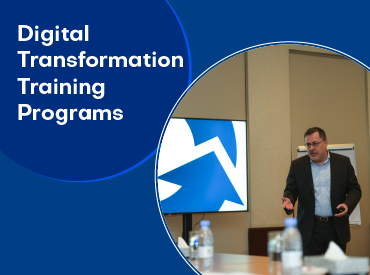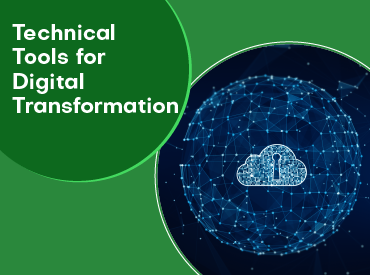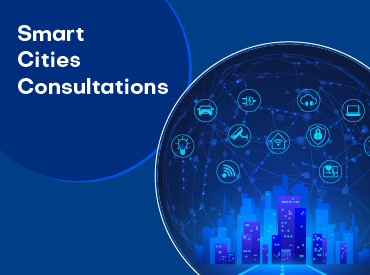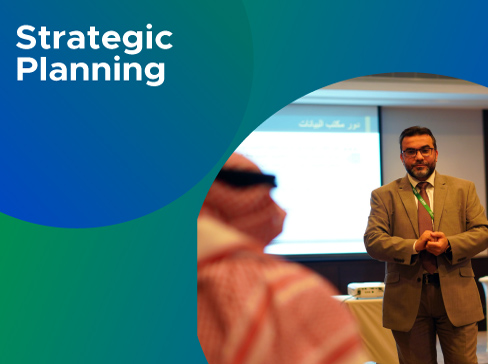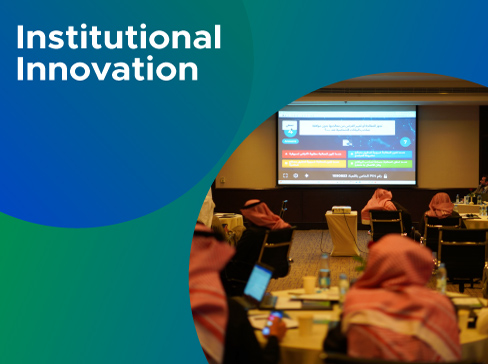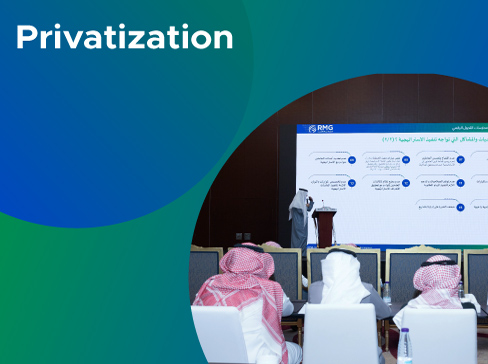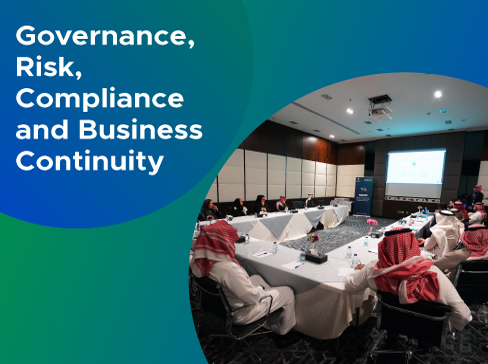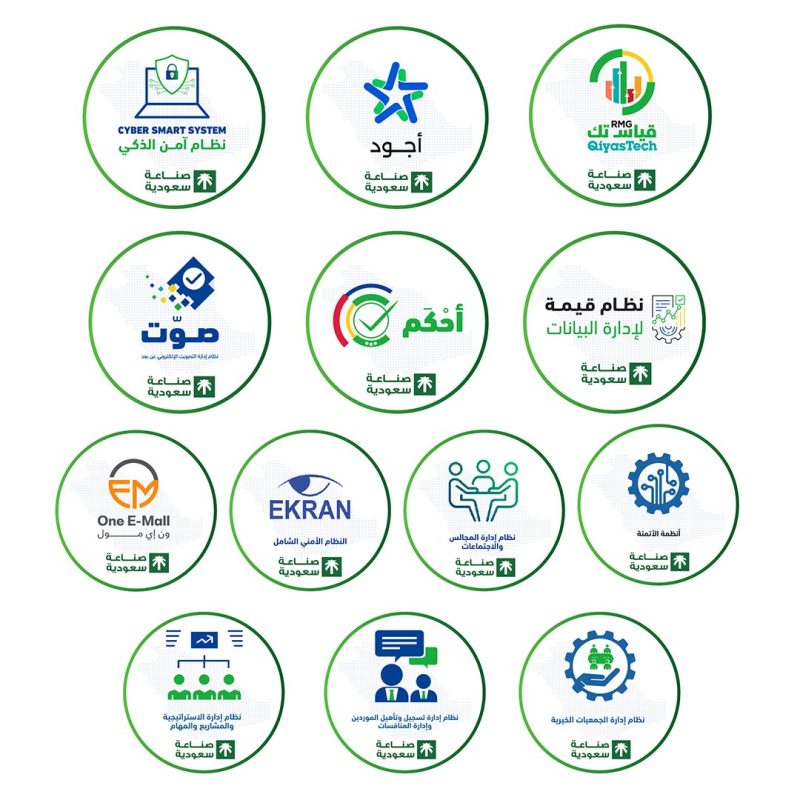ICT Challenges:
Information and communications technology (ICT)Â players face many challenges such as Sustainability, Funding, Security & Privacy, changing roles and norms but the main challenge is how to manage and develop ICT skills. Let’s look at the SFIA FRAMEWROK ..
And the same questions are repeated within most ICT organizations, do we have the right mix of skills? is there any need to develop the skills of our employees?
Is there any framework that can help us to assess, design, manage & develop technical and non-technical skills?
What is Skills Framework for Information Age (SFIA)?
According to SFIA Foundation we can define SFIA as “framework describes skills and competencies required by professionals in roles involved in information and communication technologies, digital transformation, and software engineering “.
A two decades ago SFIA has become the widely & globally accepted common language for the skills and competencies related to information and communication technologies, digital transformation, and software engineering. It has been adopted by governments, corporates, and individuals in almost 200 countries.
From an employment point of view, SFIA helps organizations to determine what level of responsibility for each job position required.
From the other hand, SFIA helps people to assess their skill sets and level of responsibility by a structured approach. It allows management to provide a clear job description for organizations, as well as individuals, to make sure the right candidates are applying for the right role.
We are talking about 102 professional skills & 7 levels of responsibility characterized by generic attributes, along with many professional skills and competencies described at one or more of those 7 levels.
The levels of responsibility are characterized by a number of generic attributes: Autonomy – Influence – Complexity – Knowledge – Business Skills.
The levels describe the behaviors, values, knowledge, and characteristics that an individual should have in order to be identified as competent at the level.
Based on new variables within the last decade SFIA 7 focused on several themes:
- software engineering
- cybersecurity
- digital transformation
- agile & DevOps
- big data and informatics
- knowledge
The skills in SFIA are grouped into six categories and 17 subcategories for the convenience of users.
| # | Category | Sub Category | Number of Skills |
| 1 | Strategy and architecture | Information strategy | 9 |
| Advice and guidance | 2 | ||
| Business strategy and planning | 10 | ||
| Technical strategy and planning | 6 | ||
| 2 | Change and transformation | ||
| Business change implementation | 4 | ||
| Business change management | 8 | ||
| 3 | Development and implementation | ||
| Systems development | 12 | ||
| User experience | 4 | ||
| Installation and integration | 4 | ||
| 4 | Delivery and operation | ||
| Service design | 2 | ||
| Service transition | 5 | ||
| Service operation | 13 | ||
| 5 | Skills and quality | ||
| Skill management | 5 | ||
| People management | 3 | ||
| Quality and conformance | 6 | ||
| 6 | Relationships and engagement | ||
| Stakeholder management | 5 | ||
| Sales and marketing | 4 |
why SFIA got successful?
- A neutral framework – it is independent framework & not aligned with any vendors.
- SFIA is a managed by Global governance and steering boards.
- Built and owned by the global user community
- It is built by industry and business for industry and business.
Who is SFIA for?
SFIA is designed to help:
- Individuals
- Corporates (Small, Medium, and Enterprise Corporation).
- Countries
How to implement SFIA?
We have operational and strategic experience of implementing SFIA over a long period.
An experienced and accredited SFIA consultant will help you answer the vital questions & successfully realize the benefits of SFIA within organizations.
RMG ™ s Consultants utilized SFIA as one of the components needed to implement a significant transformation in the workforce including ICT outsourcing. Contact Us Now!






